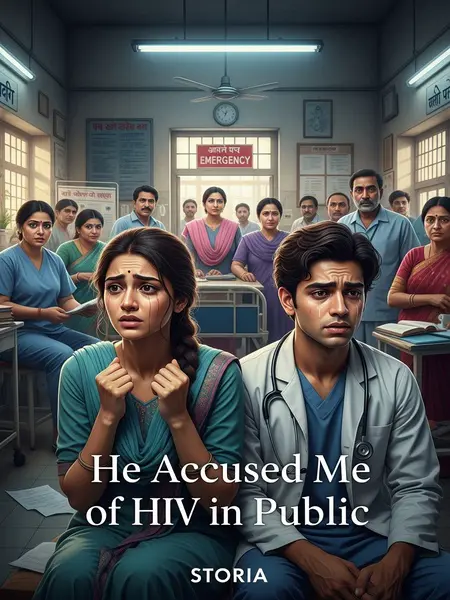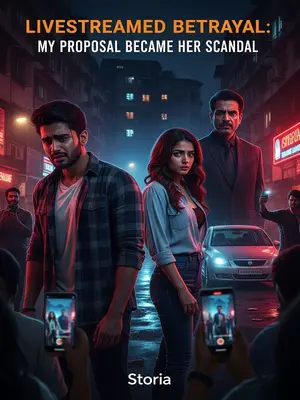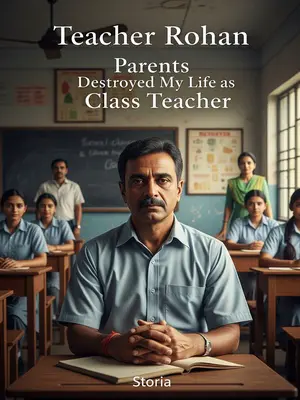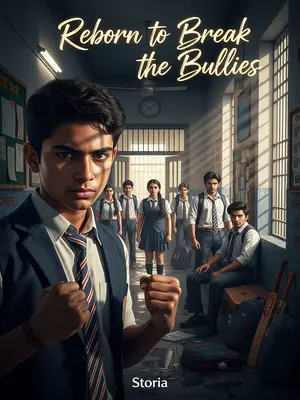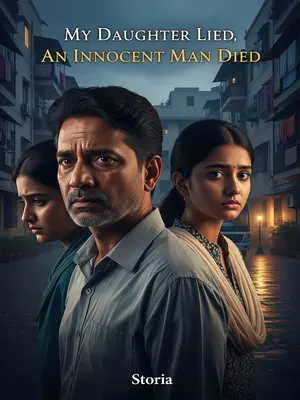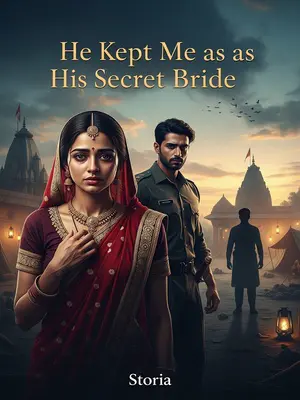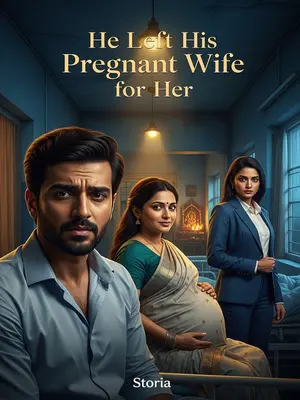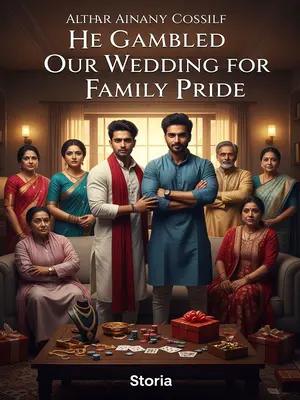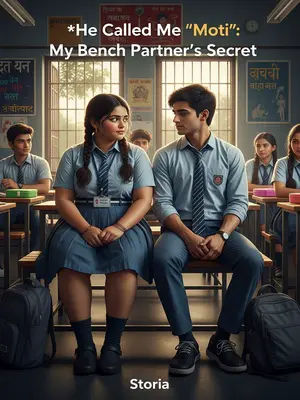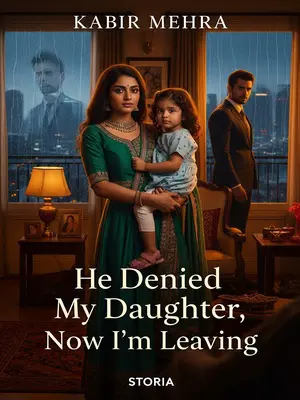Chapter 1: A Busy Saturday in the Casualty Ward
A few years ago, I was on duty in the emergency department. It happened to be a weekend, and since most OPDs were closed, all the patients had crowded into the casualty ward. The faint ring of temple bells from the street mixed with the sharp tang of phenyl as I hurried between beds.
It was one of those sultry Saturday afternoons, the kind where the ceiling fan barely stirs the thick, humid air. Even the hospital corridors carried the lingering scent of phenyl and sweat. Outside, rickshaw bells and distant hawker calls blended into the ever-present drone of city life. Inside, the casualty ward was overflowing—old uncles clutching their tiffin carriers, a cranky child with a fever crying for his mother, and harried relatives whispering urgent questions. One aunty waved her X-ray like a lottery ticket, demanding to be seen next. I barely had a second to wipe my brow before the next patient arrived.
Two girls walked in—both students from the nearby university. One was clearly the patient; her roommate hovered close by for support.
The first wore a bright yellow kurti and faded jeans, her hair in a messy bun. Her friend clutched her phone, glancing at WhatsApp, and kept tugging her dupatta over her shoulder. Their eyes darted around the overcrowded ward, taking in the chaos. As they reached my desk, the patient hesitated, glancing at her friend and then down at her shoes, fiddling with a hair tie around her wrist. Her friend gave her an encouraging nudge—a silent 'chalo, go ahead.'
She spoke in a soft, almost apologetic voice, glancing sideways at her friend. 'Doctor, I have this chhota sa ulcer in my mouth. It’s really troubling me. Singing competition hai na, Kalidas Sabha mein… If you could please give something strong, so it goes by then?' Her earnestness was almost touching—one could see how much this meant to her. Her friend added, 'She’s been practicing so much, sir… her whole class is counting on her.'
At that moment, I was overwhelmed—patients with stomach pain, chest pain, and all sorts of complaints were piling up. There was only one intern shadowing me, and to be honest, I didn’t have the energy to deal with a mouth ulcer. I rubbed my eyes, feeling the gritty exhaustion that only a Saturday in casualty can bring.
My head was throbbing; I could hear the thumping of the old Hawkins pressure cooker in the staff kitchen. My phone vibrated with yet another missed call from home. I thought to myself, ‘Yaar, ek ulcer ke liye bhi casualty aate hain log?’ but of course, I could never say that out loud. Interns darted around, looking equally frazzled.
I told her she could just buy some boroline or glycerin gel—a common Indian remedy for mouth sores—and that this wasn’t an emergency, so there was really no need to come to the casualty.
'Beta, this is not a serious emergency, na? You just put some boroline or glycerin gel, it’ll soothe the spot. This is not something you need to come running to casualty for—next time, just see in OPD, accha?' I tried to keep my tone gentle, not wanting to sound dismissive. Her face fell a bit, but she stayed silent, biting her lower lip in anxiety.
She replied that the dental department wasn’t open; otherwise, she wouldn’t have come here.
'Woh dental OPD bandh hai na, sir. Otherwise, I would never have troubled you,' she mumbled, eyes fixed on the linoleum floor. Her friend quickly nodded in agreement, whispering something like, 'Told you, Sunday ko mat aa…' But I understood—weekends were tough for students staying far from home.
Seeing how anxious she was, I realised there was no way I could convince her to leave. If I kept trying, she might get even more insistent, wasting more of my time—not worth the trouble.
Experience had taught me that once a patient’s mind is set, arguing is just asking for trouble. She was already so wound up, clutching her bag and wringing her dupatta, that I thought, ‘Bas, prescribe kar do kuch, warna poora din idhar hi nikal jayega.’ Even the security guard gave me a look, as if urging me to finish up quickly.
I asked if the ulcer was very painful, getting ready to prescribe her some mouthwash for oral cleaning and care. Mouth ulcers are like this: they hurt for seven or eight days, then heal on their own. It’s not a big deal, and certainly not life-threatening.
I reached for my prescription pad, asking, ‘Is it paining a lot? See, mouth ulcers are like this only—come and go in a week’s time, nothing to worry. I’ll give you a mouthwash, you do gargle and keep, okay? You’ll be fine, just don’t eat too much spicy or hot things.’ I remembered my own Amma’s voice scolding me for eating too many green chillies whenever I complained of ulcers as a child.
But to my surprise, she said the ulcer wasn’t painful—just a bit uncomfortable.
She shook her head, 'Dard toh zyada nahi hai, sir… just feels odd when I try to talk or sing.' Her friend looked at her, worried, 'Tu pakka theek hai na?'—almost as if searching for signs of her friend exaggerating. But her face looked genuinely troubled.
If not for the singing competition, she wouldn’t have bothered coming to the casualty.
She added with a small, embarrassed laugh, ‘Agar kal competition nahi hota na, toh main aati hi nahi. But sir, this is my first solo performance…’ She trailed off, voice barely above a whisper, hope and anxiety mingling in her eyes.
